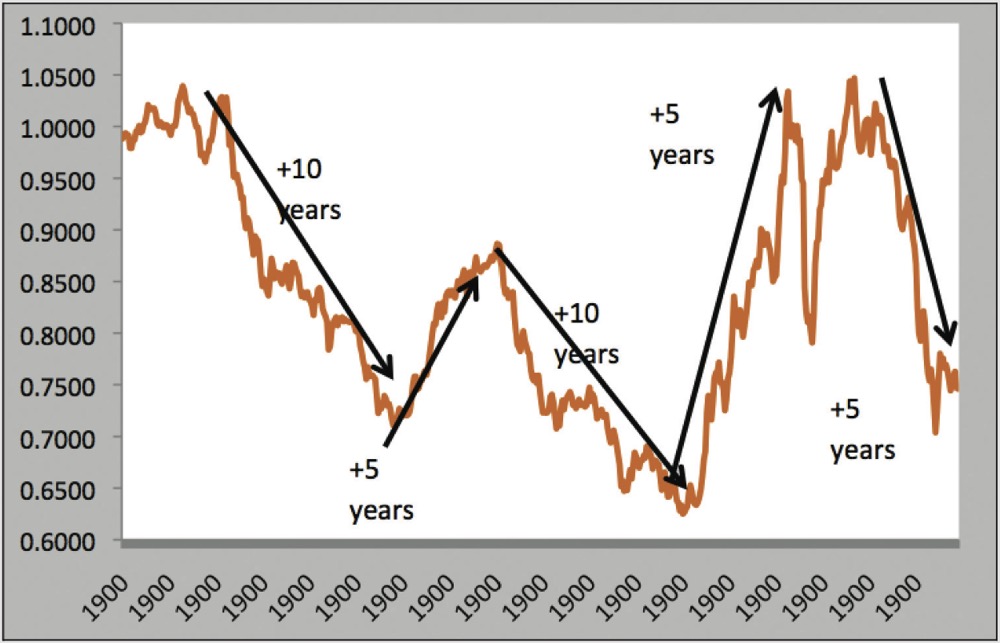U.S. Federal Reserve chairman Ben Bernanke said Feb. 3 it was “unfair” to blame U.S. monetary policy for pushing up inflationary pressures in emerging market economies.
Some analysts have blamed the fed’s quantitative easing for flooding the global economy with money and helping to drive prices for food and other commodities higher.
“It’s entirely unfair to attribute excess demand pressures in emerging markets to U.S. monetary policy because emerging markets have all the tools they need to address excess demand in those countries,” Bernanke told an audience at the National Press Club in Washington.
Read Also

Pig transport stress costs pork sector
Popular livestock trailer designs also increase pig stress during transportation, hitting at meat quality, animal welfare and farm profit, Agriculture and Agri-Food Canada researcher says
Policy-makers in a number of emerging markets have also argued the fed’s easy monetary policy has undercut the U.S. dollar and sparked a potentially inflationary flood of private capital into their markets.
Bernanke repeated that the U.S. central bank’s monetary policy is aimed at stimulating domestic growth, adding that no one could argue the U.S. economy was overheating.
The UN Food and Agriculture Organization Food Price Index on Thursday touched its highest level since records began in 1990 as rising food prices showed no sign of relenting, prompting concerns of social unrest.
“Some of the emerging markets are facing inflationary pressures because their own economies are growing perhaps even faster than their capacity,” Bernanke said.
He said higher food prices were stoked by increasing consumer demand in emerging economies for goods such as meat.
“As people’s diets are becoming more sophisticated and as they eat more beef and less grains and so on, the demand for food and energy rise, and that’s the primary long-term factor affecting the real price of commodity and food,” Bernanke said.
Still, some economists were skeptical.
“We do not find credible Bernanke’s assertion that the rise in equity prices, narrowing in corporate bond spreads, and rise in inflation compensation in the Treasury market are a result of (fed policy), but the rise in commodity prices is unrelated,” said John Ryding and Conrad DeQuadros, of RDQ Economics, in a research note.


















